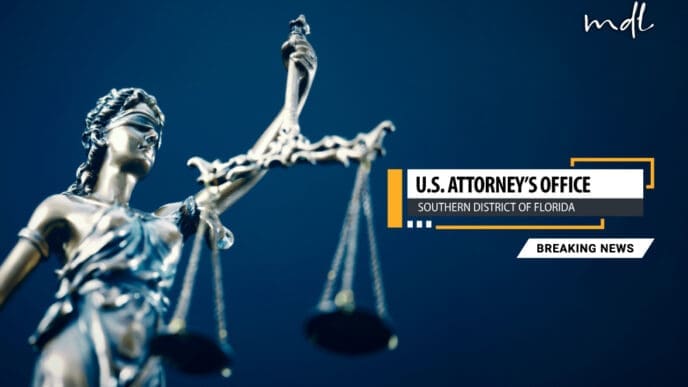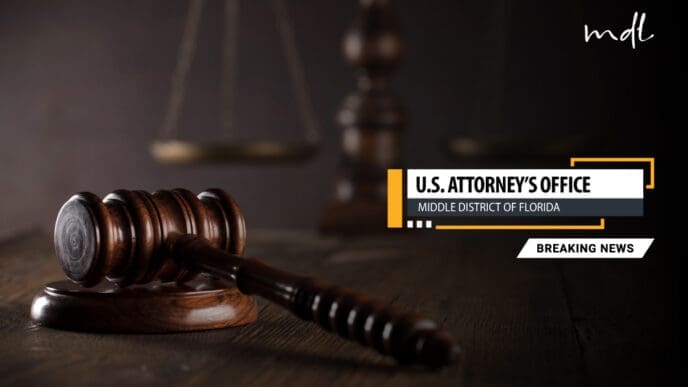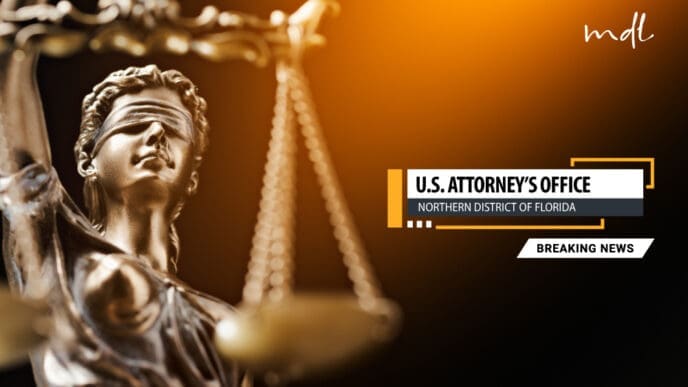As the date for Rochester Pride nears in May, organizers are grappling with a financial shortfall of $8,000 in sponsorships. This challenge is attributed to the current political landscape and executive orders from the Trump administration regarding diversity, equality, and inclusion initiatives. Sponsors play a critical role in funding the event, which features over 100 vendors and is slated to take place at Soldiers Field Park on Saturday, May 17, 2025.
Some sponsors have withdrawn their support, citing concerns over the potential loss of federal funding. Others have reduced their contributions due to financial difficulties. This situation mirrors challenges faced by other Pride events in the region, such as the Twin Cities Pride, which reported a $200,000 funding deficit. Despite these difficulties, there has been a notable response from the community, with individual donations exceeding $1,600 recently, offering hope to the organizers.
Organizers aim to raise over $42,000, as costs have increased by approximately $7,000 from the previous year due to inflation and the need for heightened security measures. Although the organization possesses savings to offset the sponsorship deficit, there is a desire to preserve these funds for long-term sustainability.
Amid these financial pressures, charitable donations to LGBTQ+ organizations have been on the rise, with contributions growing from $387 million in 2012 to $823 million in 2021. Government grants comprise nearly 40% of these donations, highlighting the importance of public funding in supporting such initiatives. While corporate giving is anticipated to grow in 2025, it is projected to do so at a slower rate than the historical average.
Rochester Pride’s organizers remain optimistic as community demand for the event remains high, with all vendor spaces occupied. The event offers an opportunity for the LGBTQ+ community to gather, celebrate, and find solace amidst a challenging year, particularly for transgender individuals.
Your Takeaway
The funding challenges faced by Rochester Pride and similar events shed light on broader issues impacting community initiatives. Political and economic uncertainties have resulted in financial constraints for many non-profit organizations, affecting their ability to plan and execute large-scale events. The reliance on sponsorships and donations underscores the importance of community and corporate support in sustaining such events.
For individuals, these developments highlight the significance of continued advocacy and support for diversity and inclusion. As societal attitudes and political climates evolve, the role of community events like Pride becomes increasingly vital as safe spaces for celebration and solidarity. Active participation in these events, whether through donations, volunteering, or attendance, can help ensure their continued success and impact.






